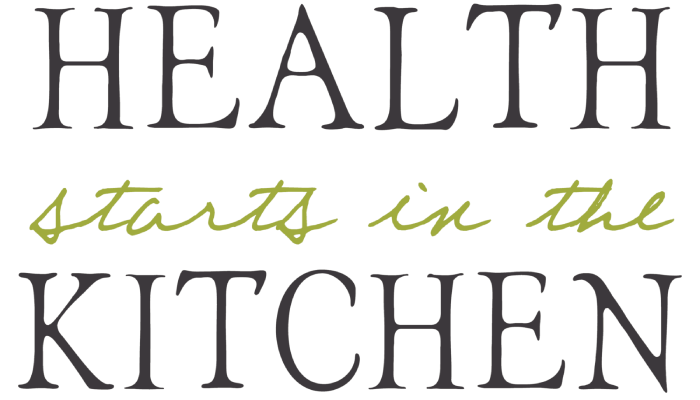Navigating the World of Organic Foods: Understanding Labels and Benefits
The switch to organic food comes with promises of improved health, enriched nutrition, and an approach to eating that lines up with your concerns for the environment we live in. The one issue is that understanding what potentially cryptic organic labels mean is necessary in order to know exactly how these benefits are balanced in a given product.
Rather than struggling along in this endeavor solo, stick with us as we work through the primary pieces of info you need to look out for the next time you’re buying organic items.

The Anatomy of the USDA Organic Seal
The USDA Organic seal is the first thing to look out for, but what does this government-backed scheme to identify organic produce actually mean? Well, it’s a commitment to stringent standards, and covers the following:
- No Synthetic Fertilizers or Pesticides: Plants must be grown without using most conventional pesticides or fertilizers made with synthetic ingredients.
- GMO-free: Certified organic foods cannot contain genetically modified organisms (GMOs).
- Sustainable Soil Management: Farmers must maintain or enhance soil and water quality while also managing pests in a natural way.
- Animal Rearing Practices: When it comes to meat, dairy products, and eggs, animals are given organic feed and are not administered antibiotics or growth hormones.
Going organic is a good move for reasons beyond these – as recent data suggests there has been an 80% rise in pesticide use, and a corresponding 30% dip in field bird populations, since 1990.
Keeping an eye out for the USDA Organic symbol is a great time saver in the store or online, since it gives you peace of mind about the origins and practices associated with a product. This applies regardless of what you’re buying, whether that’s fresh vegetables for a family meal or baking soda, otherwise known as sodium bicarbonate, for a celebration cake project.
The Real Dish on Nutritional Superiority
Claims are regularly made about the health benefits of organic produce, perhaps as a means of appealing to customers who are not as concerned about the environmental impact of what they eat. But Is the nutritional content truly superior, or is it a bit of marketing manipulation? Let’s look at the evidence:
- Antioxidant Availability: Organic fruits and vegetables can boast higher levels of certain antioxidants, meaning that piling them on your plate is like snaffling extra servings of conventional produce.
- Omega-rich Dairy and Meats: Products from organically raised animals are shown to have more omega-3 fatty acids, vital for cardiovascular health and good skin.
- Minimal Toxin Exposure: Fewer pesticides mean reduced toxin load, which translates to less internal chemical warfare.
A metaanalysis of studies performed by the BJN found that the uptick in antioxidants associated with organically grown foods can be between 18% and 16%. While this doesn’t resolve all debates over nutritional quality, it does suggest a measurable edge for organics in some areas.
Taking these facts into account can help shape your diet choices, particularly if you’re aiming for meals that bolster well-being without the unwanted extras.
Impacting the Ecosystem: Beyond Your Plate
The effects of organic foods extend well beyond personal health benefits – and we need to be taking a broader view of how human activities are benignly felt in the natural world if we’re to avert the climate crisis. Here’s how your choice impacts the bigger picture:
- Support for Biodiversity: Organic farming practices promote diverse habitats, which are crucial for maintaining a variety of species.
- Reduced Water Pollution: By avoiding synthetic fertilizers and pesticides, organic farming lessens run-off into our water systems.
- Soil Preservation: Organic methods enhance soil fertility and structure, preventing erosion and degradation.
Crucially, there’s a lot of debate over the carbon footprint of agriculture, and studies vary in their conclusions depending on where you are in the world. For instance, in the UK it has been suggested that a full-blown switch to organic would actually raise net emissions, but this is due to the fact that this island nation would still need to import produce from overseas as it cannot sustain itself on domestic farming output alone.
In places like the US, where more land is available and the need to import is lower, this would be a different story, so buying locally grown organic food is always going to be better for the planet than the alternative.
Final Thoughts
It would be churlish to suggest that everyone should go all-in on organic produce – not only because this is difficult to do but also because of the higher costs attached. However, if you can afford it and you have the time to check labels and read up on the benefits, then it’s a noble and increasingly straightforward change; one which should be as good for your health as it is for the world.






